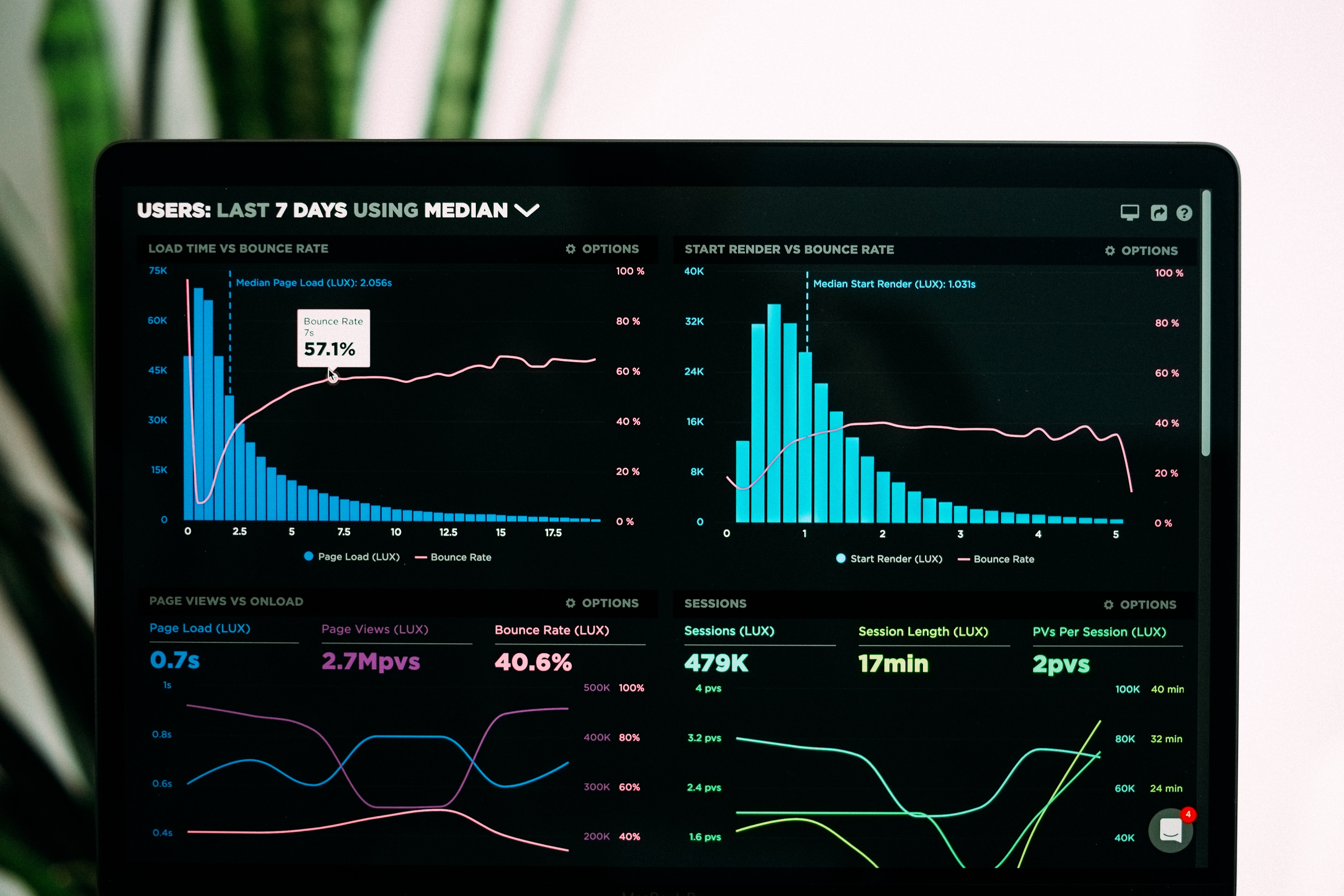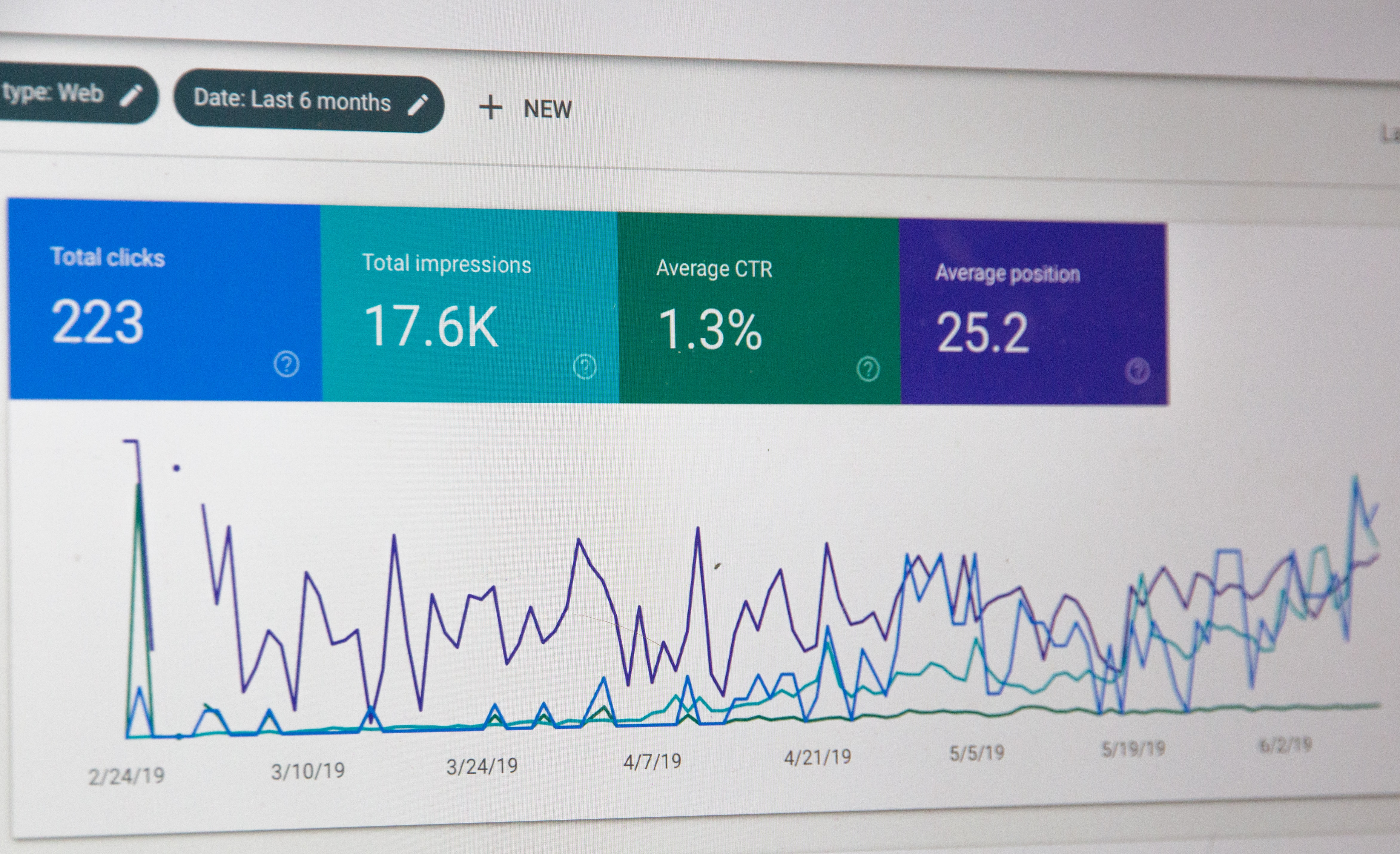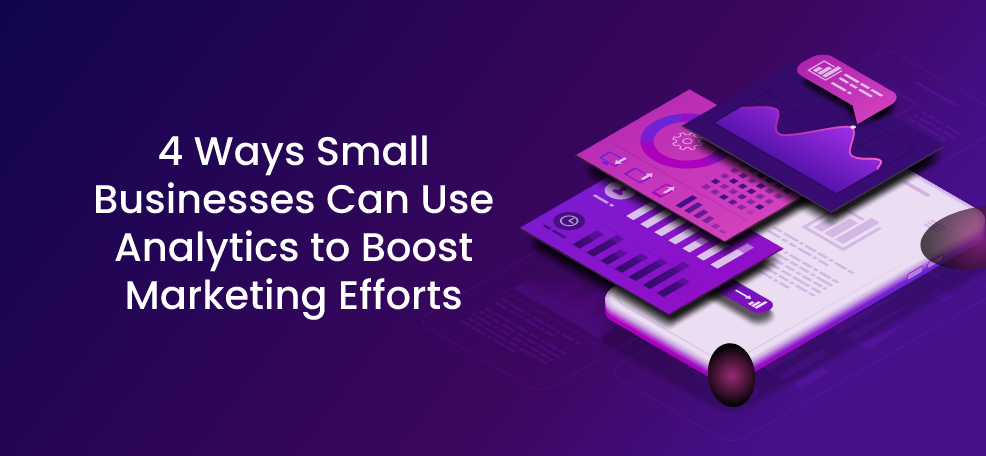This past year saw a massive shift in the way businesses and marketers interact with their customers. Customers are increasingly using e-commerce websites and social media to do their shopping. This means that with every interaction, they leave behind massive sets of data – a customer footprint.
For example, let’s say you visit an online store and go to the jewelry section. Data analytic tools can pick up on the colors, cuts, designs, and price points that interest you, and the retailer can use this data to provide future product recommendations and stock up on the right items.
Companies can use customer data to tailor marketing campaigns to e-commerce trends and maximize sales. Let’s take a look at how businesses can use data analytics to make data-driven decisions, improve the effectiveness of their marketing strategies, and drive business growth.
Why is data-driven marketing important for e-commerce businesses?
Thanks to advancements in technology, there are now numerous ways to keep track of customer behaviors and footprints at each point in the marketing funnel.

Research shows that 73% of consumers prefer to shop from brands that use their data to create personalized experiences for them, and 60% of consumers are comfortable sharing their data with brands if it enhances their shopping experiences. These statistics make it clear that customer centricity and personalization should lie at the core of business strategies.
For e-commerce businesses, analytics can be the difference between success and failure. Online stores generate tons of data daily, including order information, marketing KPIs, customer interactions, etc.
Using analytic tools, marketers can see trends and correlations between product choices and gather valuable customer insights about the communities interested in their brand.
Remember, data that is not utilized is essentially lost. And every lost data point means losing a chance to turn a prospect into a loyal customer. Here are four ways to use data analytics to start growing your small business today.
Get the most out of your data
Although it is great to keep track of customer preferences and sales, it is essential to use this information in a way that can boost your business. Your reports will be of no use if you don’t know how to analyze data properly.
The right way to use data analytics in your business is to automate repetitive functions, generate intuitive reports, and hire qualified people who can analyze these reports. It is useless and time-consuming for business owners to analyze reports manually, so it is best to integrate your data into systems that can generate automatic analytic reports.
Cloud-based financial tools are currently utilized by over 24 million online business owners worldwide and can be extremely helpful in generating reports from your data. And once you have the right tools, make sure you ask the right questions.

Think critically about what KPIs will be most informative for your marketing staff. The right way to use data analytics in your business is to automate repetitive functions, generate intuitive reports, and hire qualified people who can analyze these reports
Use data to drive business growth
Analyzing data can offer valuable insights into customer behavior in order to produce actionable strategies. It can also help businesses come up with strategic ways of marketing their products or services to different audiences. Without managing data, a business will have no idea what their customers want from them.
Ask your sales departments and product development teams what information they need, such as which vendors offer the most value and which product lines could use some innovation. Then develop metrics to provide this information. By implementing data analytics at each stage of the business plan, brands can optimize customer interactions at each touch-point.
Find your ideal customer demographic
There is fierce competition amongst marketers and business owners to make their brands stand out. One way to do that is to steer away from generalized marketing methods and zoom in on your target audience.
Targeting can help enhance brand loyalty, leading to more returning customers. This is because targeting makes it easy for online businesses to reach their target market in more meaningful ways and to understand the thought processes behind their target demographics and create content accordingly.

The easiest way to identify your target audience is through data analytics. Your website and social media channels generate huge amounts of data to give customers valuable information. The way people interact with your products and engage with your posts can tell you a lot about what kind of products your audience is likely to buy.
Once you have used data analytics to identify your key demographic, you can create tailored content to attract and engage them. Be sure to segment your subscribers in your marketing messaging so you are getting the most relevant information to the people who will respond to it. In this way, data analytics can lead to more customer conversions and more long-term customers.
Create personalized content
Once you’ve segmented your audience into different categories, you can create customized email marketing content for each group. One thing that can help online businesses genuinely stand out from the competition is mass personalization.
This tactic relies on quality data to provide a customized feeling to users in aspects of the business. Marketers can use data such as purchasing patterns and customer behavior to create advertisements and content targeting specific behavior.

For example, if a customer’s data shows that they keep stopping at the shoe page of your site, you can send a personalized email to that person whenever your brand launches a new shoe style. In this way, using data can help you convert customers at every stage of the sales funnel by improving customer engagement and enhancing customer experiences.
Conclusion
Data-driven marketing strategies can bring numerous benefits to your company. With benefits like mass personalization, increased customer engagement, and higher conversions, there is no way that an e-commerce business can avoid leveraging the immense power of data analytics.
You have so much data at your fingertips, and you can harness this potential to understand your clients, target them effectively, and start increasing customer conversion rates today.




